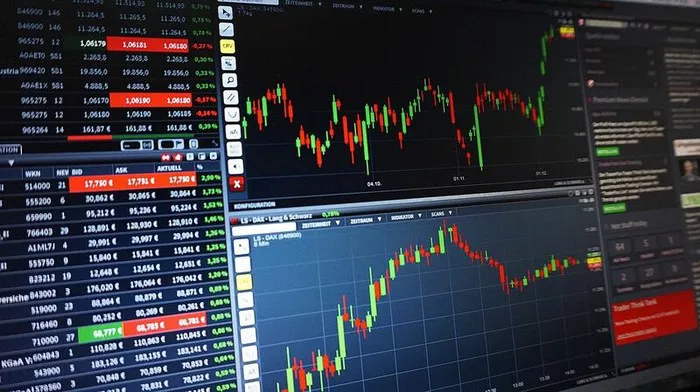Introduction:
Corn is a staple crop and a vital commodity in the agricultural industry. Corn futures contracts allow market participants to speculate on the future price of corn, hedge against price volatility, and manage risks associated with the corn market. In this article, we will delve into the workings of corn futures, including their purpose, trading mechanisms, and their significance in the world of agricultural commodities.
What are Corn Futures?
Corn futures are standardized contracts that represent an agreement to buy or sell a specified quantity of corn at a predetermined price on a future date. These contracts trade on regulated futures exchanges, such as the Chicago Board of Trade (CBOT). The underlying asset of a corn futures contract is corn, a versatile crop used for various purposes, including human consumption, animal feed, ethanol production, and industrial uses.
How Do Corn Futures Work?
Corn futures operate based on the principles of supply and demand dynamics and price discovery. Traders can take long (buy) or short (sell) positions in corn futures contracts, depending on their expectations of future corn prices. The contracts have standardized specifications, including the contract size (typically 5,000 bushels), the delivery month, and the tick size (minimum price fluctuation).
Similar to other futures contracts, most corn futures trades do not result in physical delivery. Instead, they are settled in cash before the contract’s expiration date. Participants can close out their positions by taking an opposite position or by letting the contract expire, which would trigger the settlement process.
The Role of Corn Futures in Agricultural Markets:
Corn futures serve several essential functions in the agricultural markets:
Price Discovery: Corn futures provide a platform for market participants to express their views on future corn prices. The continuous trading activity and price fluctuations in corn futures contribute to the establishment of daily benchmark prices, which are widely referenced by farmers, processors, traders, and consumers.
Risk Management: Corn futures enable farmers, grain processors, and other market participants to hedge against price volatility and manage their risk exposure. Farmers can sell corn futures contracts to lock in prices for their future production, ensuring a certain level of revenue regardless of market fluctuations. On the other hand, corn buyers, such as livestock producers or ethanol manufacturers, can purchase futures contracts to secure prices for their future corn needs, protecting themselves from potential price increases.
Speculation and Investment: Corn futures attract speculators and investors looking to profit from price movements in the corn market. Speculators aim to capitalize on short-term price fluctuations, while investors may include corn futures as part of a broader investment strategy to diversify their portfolios or express their long-term views on the agricultural sector.
Market Liquidity: Corn futures markets typically exhibit high trading volume and liquidity, facilitating efficient price discovery and ensuring smooth market operations. The liquidity in corn futures allows for easy entry and exit of positions, reducing transaction costs and enhancing market efficiency.
Conclusion:
Corn futures play a vital role in the agricultural industry, providing a platform for market participants to manage risks, express their views on future corn prices, and facilitate price discovery. By understanding the mechanisms of corn futures, traders, farmers, processors, and investors can navigate the corn market more effectively and make informed decisions. However, it is important to note that trading corn futures involves risks, and participants should conduct thorough research, employ risk management strategies, and stay informed about factors influencing the corn market, such as weather patterns, government policies, and global demand.


